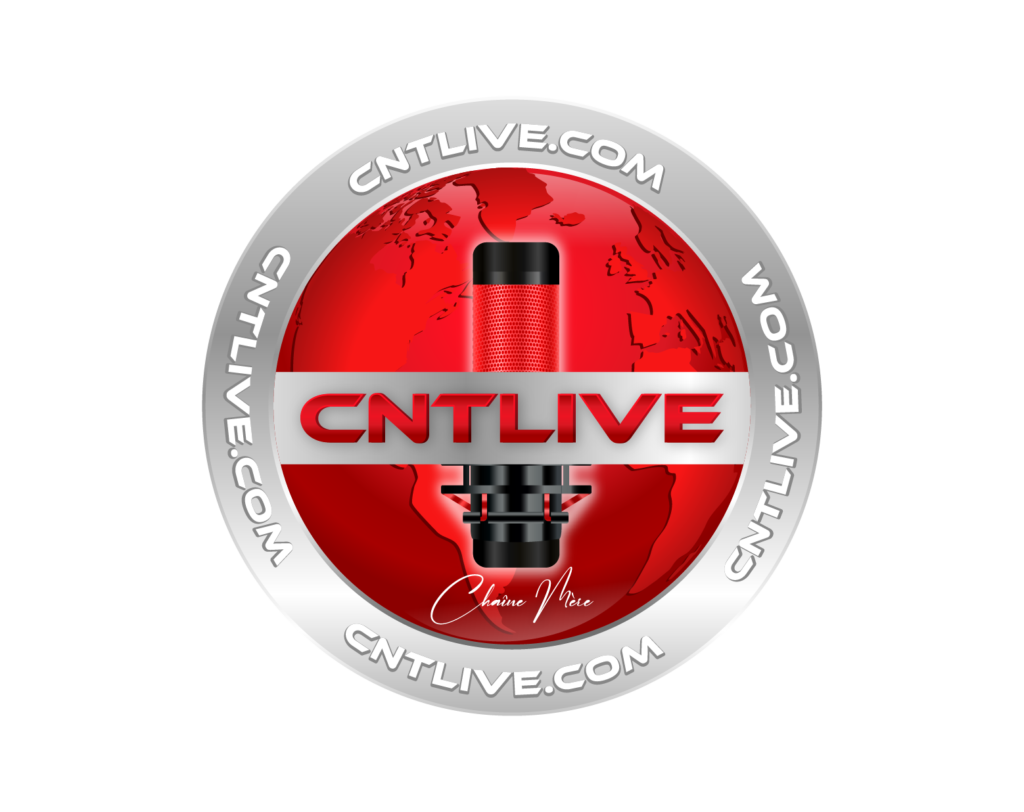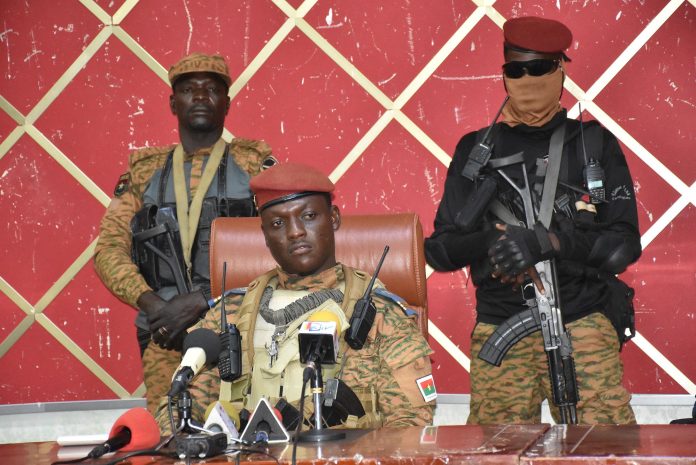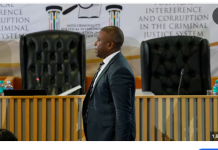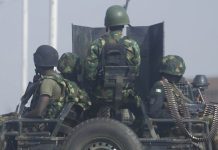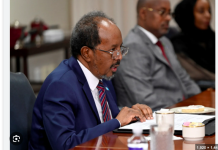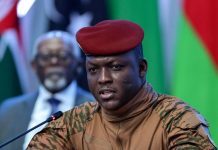
At just 37 years old, Burkina Faso’s military leader Captain Ibrahim Traoré has become one of the most talked-about figures in African politics. Charismatic and media-savvy, he has fashioned himself as a modern-day pan-Africanist on a mission to liberate his country from what he sees as the grip of Western imperialism and neo-colonialism.
Since taking power in a 2022 coup, Traoré has positioned himself as a successor to Burkina Faso’s iconic revolutionary, Thomas Sankara—often dubbed “Africa’s Che Guevara.” His fiery rhetoric, anti-colonial stance, and bold economic reforms have gained him admirers across the continent and beyond.
“His messages reflect the age we are living in,” said Beverly Ochieng, a senior researcher at Control Risks. “Many Africans are questioning the West’s relationship with the continent and why poverty persists in such a resource-rich land.”
Traoré’s government swiftly cut ties with former colonial power France, pivoting instead toward Russia. This alliance has seen the deployment of Russian paramilitary forces and a push for left-leaning economic reforms—including the creation of a state-owned mining company and new laws requiring foreign firms to cede a 15% stake to the government and transfer skills to locals.
Even Russia’s Nordgold, which was granted a license in April, must comply. The junta is also building a national gold refinery and establishing Burkina Faso’s first-ever gold reserves. But not all investors are welcome—Western firms have faced pressure, including the nationalisation of mines and legal challenges such as Australia-based Sarama Resources’ arbitration suit over a revoked license.
Despite his failure to defeat a decade-long Islamist insurgency, Traoré remains hugely popular, especially among young Africans. His social media presence has been instrumental, with AI-generated videos falsely depicting celebrities like Beyoncé and Justin Bieber singing his praises. Though misleading, they’ve added to his mythos.
Traoré made global headlines with a speech at the 2023 Russia-Africa summit, where he urged African leaders to “stop behaving like puppets.” Russian media widely broadcast the remarks, bolstering his image as a fearless voice for African sovereignty.
He recently attended WWII commemorations in Moscow with fellow military rulers from Mali and Niger, later declaring they were inspired “to win the war against terrorism and imperialism at all costs.”
“He is arguably Africa’s most popular president,” said Enoch Randy Aikins of South Africa’s Institute for Security Studies. “But that popularity is also shaped by disinformation.”
The admiration isn’t confined to Africa. African-Americans and Black Britons have embraced Traoré’s anti-imperialist messaging. US rapper Meek Mill even posted about him—though mistakenly calling him “Burkina Faso.”
Not everyone is impressed. French President Emmanuel Macron accused Traoré of forming a “baroque alliance” with neo-imperialists like Russia and China. The US, too, has grown wary. In April, Gen. Michael Langley of AFRICOM accused Traoré of using Burkina Faso’s gold for the junta’s benefit—suggesting a quid pro quo with Russia. The claim sparked outrage among supporters, who saw it as another Western attempt to discredit their leader.
Following an alleged coup plot linked to neighbouring Ivory Coast, Traoré’s government organised a massive pro-junta rally. Supporters also turned out in cities like London in solidarity.
“This time, their lies won’t affect us,” musician Ocibi Johann told AP at the rally. “We are standing for our sovereignty.”
Traoré’s personal style has further fuelled his mystique. At Ghanaian President John Mahama’s 2025 inauguration, he drew all eyes by arriving in military fatigues with a pistol holstered at his side.
“When he walked in, the place lit up,” recalled Prof. Kwesi Aning, a Ghanaian security expert. “Even my president’s bodyguards ran after him.”
That visual contrast—young, confident, revolutionary—stands in stark opposition to the image of aging African leaders clinging to power through rigged elections.
On the economic front, there are signs of progress. The IMF praised Burkina Faso’s efforts to raise domestic revenue and improve social spending, despite security challenges. The World Bank noted a drop in extreme poverty—thanks to robust growth in agriculture and services—though inflation has risen sharply.
Still, critics warn that Traoré’s trajectory could mirror that of past military leaders like Ghana’s Jerry Rawlings—once seen as a saviour, but whose legacy became more complicated over time.
“If Traoré wants to build a lasting legacy,” Aikins said, “he must focus on peace, institution-building and good governance—not just revolutionary theatre.”
For now, Captain Traoré remains a symbol of a political shift sweeping across West Africa. Alongside Mali and Niger, Burkina Faso has quit the ECOWAS regional bloc, formed a new alliance, and imposed tariffs on imports—defying traditional norms and redrawing the region’s political map.
Whether Traoré proves to be a transformative statesman or just another strongman remains to be seen. But one thing is clear: he has already changed the conversation—and the balance of power—on the African continent.
